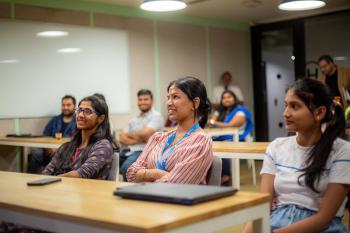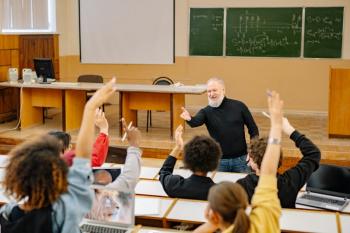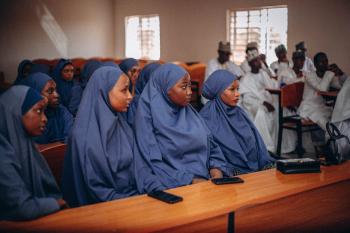The Power of Socratic Seminars: A Deep Dive into Critical Thinking and Dialogue

The Power of Socratic Seminars: A Deep Dive into Critical Thinking and Dialogue
What if there was a teaching method that could transform passive learners into active thinkers? How can educators foster meaningful discussions that go beyond memorization? The Socratic Seminar, an age-old technique inspired by Socrates, offers a powerful framework for cultivating critical thinking and collaborative dialogue. Let’s explore what makes this method so impactful.
What Is a Socratic Seminar?
A Socratic Seminar is a structured, student-led discussion where participants engage deeply with complex texts or ideas. Unlike traditional lectures, this method emphasizes open-ended questioning, active listening, and evidence-based reasoning. The goal is not to "win" an argument but to explore perspectives collectively.
Key features include:
- Text-Centered Dialogue: Discussions revolve around a shared text (e.g., literature, historical documents).
- Open-Ended Questions: Facilitators pose thought-provoking questions without predetermined answers.
- Student Ownership: Participants drive the conversation while the teacher guides subtly.
For example, in a high school English class, students might analyze a passage from To Kill a Mockingbird, debating themes of justice and morality through Socratic questioning.

Why Use Socratic Seminars?
Why should educators adopt this method? Socratic Seminars build essential 21st-century skills:
- Critical Thinking: Students learn to analyze, evaluate, and synthesize ideas.
- Communication: Participants practice articulating thoughts clearly and respectfully.
- Collaboration: The format fosters teamwork and empathy.
A real-world application can be seen in law schools, where future attorneys hone their reasoning skills through similar dialogic practices. Research also shows that students in Socratic-based classrooms demonstrate higher engagement and retention.

How to Facilitate a Socratic Seminar
Preparing the Groundwork
Effective seminars require careful planning:
- Select a Rich Text: Choose material with multiple interpretations (e.g., poems, philosophical essays).
- Develop Core Questions: Craft open-ended prompts like, "How does the author’s use of symbolism reflect the theme of identity?"
- Set Discussion Norms: Establish rules for respectful dialogue (e.g., no interruptions, evidence-based responses).
During the Seminar
The teacher’s role shifts to a facilitator:
- Encourage Depth: Ask follow-up questions like, "Can you elaborate on that point?"
- Balance Participation: Ensure quieter students have opportunities to contribute.
- Summarize Key Points: Periodically reflect the group’s insights back to them.
For instance, a middle school history class debating the Declaration of Independence might explore how its ideals apply today, guided by the teacher’s probing questions.

Common Challenges and Solutions
While powerful, Socratic Seminars can face hurdles:
- Uneven Participation: Use "talking chips" to limit dominant speakers and invite others.
- Off-Topic Tangents: Gently redirect with, "How does this connect to our central question?"
- Silent Groups: Start with smaller, low-stakes discussions to build confidence.
A high school teacher might address disengagement by incorporating multimedia (e.g., a TED Talk) to spark initial reactions before diving into text analysis.

Socratic Seminars Beyond the Classroom
This method isn’t confined to schools. Businesses use modified versions for strategic planning, and book clubs adopt it to deepen literary analysis. Even online forums can apply Socratic principles by prioritizing evidence and inquiry over polemics.
For example, a tech startup might debate ethical AI development using Socratic questioning to uncover biases in their algorithms.

Final Thoughts: The Enduring Relevance of Socratic Dialogue
In an era of polarized debates, the Socratic Seminar offers a blueprint for thoughtful discourse. By prioritizing questions over answers, it nurtures intellectual humility and curiosity—skills vital for democracy and innovation alike.







